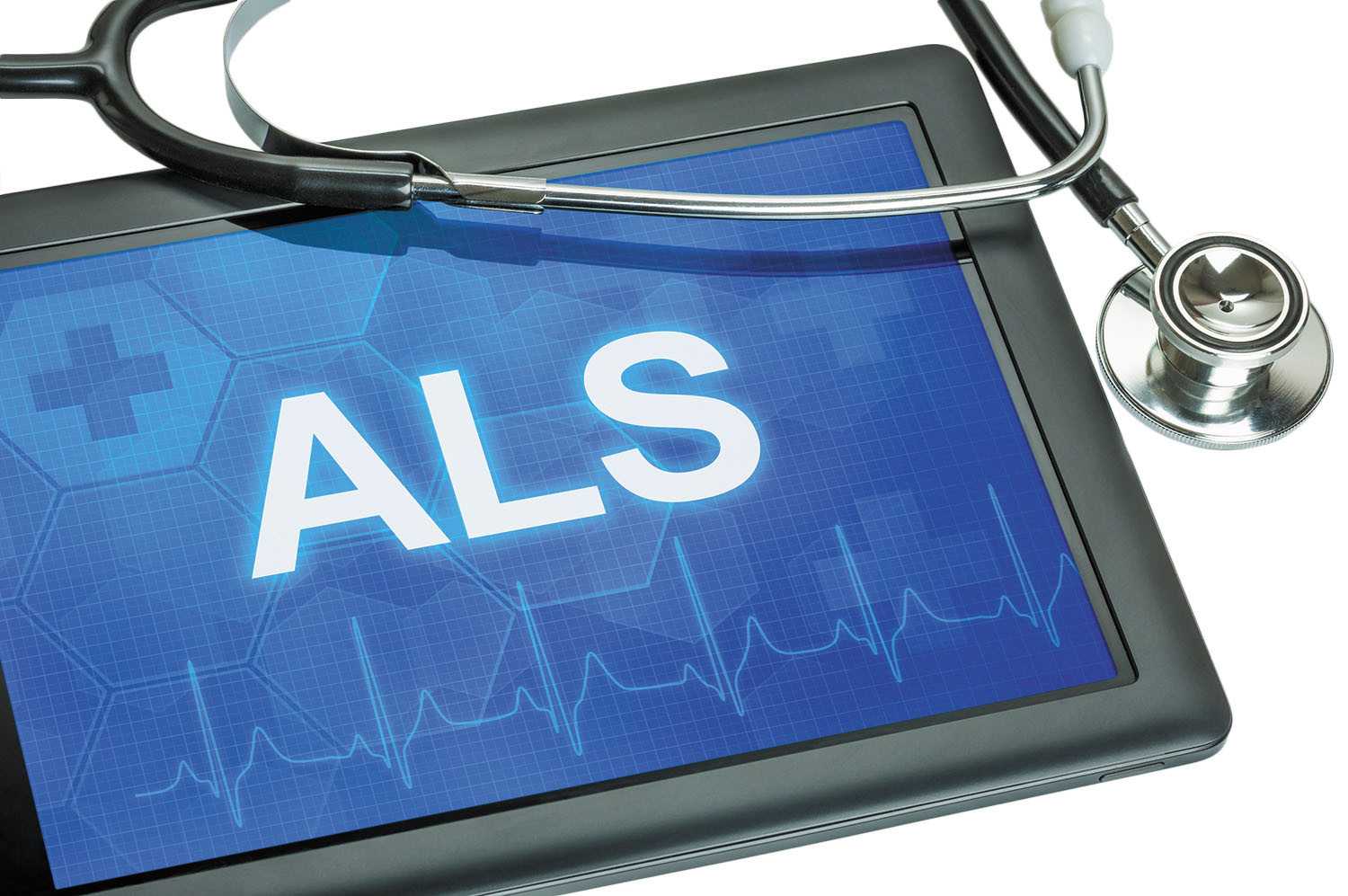
5 timeless habits for better health

What are the symptoms of prostate cancer?

Is your breakfast cereal healthy?

When pain signals an emergency: Symptoms you should never ignore

Does exercise give you energy?

Acupuncture for pain relief: How it works and what to expect

How to avoid jet lag: Tips for staying alert when you travel

Biofeedback therapy: How it works and how it can help relieve pain

Best vitamins and minerals for energy

Should you take probiotics with antibiotics?
Nerve disorders Archive
Articles
New thinking on peripheral neuropathy
Nerve damage might be causing everything from low blood pressure to gastrointestinal distress without your knowing it.
Doctors have long known peripheral neuropathy as a nerve condition that causes reduced sensation, tingling, weakness, or pain in the feet and hands. But those symptoms may be just the tip of the iceberg. Doctors are now learning that neuropathy can cause many more problems.
What is peripheral neuropathy?
Peripheral neuropathy refers to damage to the peripheral nerves throughout the body. These nerves carry messages to and from the brain.
Poor sense of smell may predict risk of death in older adults
In the journals
Previous studies have shown a link between loss of smell among older adults and risk of death within a short period — often five years or less. Now, a report published online May 21, 2019, by Annals of Internal Medicine confirmed this increased risk of death over more than a decade, as well as identifying the leading causes of death.
Researchers gave smell identification tests to 2,289 adults ages 71 to 82 (about half of whom were men). They found that those who scored low on the smell test had a 46% higher risk of dying within 10 years, and 30% within 13 years, compared with those who had a stronger sense of smell.
What is ALS?
Ask the doctor
Q. A friend says that the worst disease of all is ALS. What is it?
A. What makes a disease the "worst?" For many, it would be a disease that robs them of their mind. For others, it would be a disease that creates constant pain. For still others, it would be a disease that makes them unable to care for themselves or to control their bodily functions — in full view of their family and closest friends.
Answers to the top questions about cannabis extract
Sales of cannabidiol-infused products are expected to top $2 billion by 2021. But is CBD right for you?
Cannabidiol (CBD) is touted as a natural wonder that can help treat symptoms of everything from anxiety to arthritis pain. The plant extract comes from two varieties of cannabis — hemp and marijuana — and is available in creams, tinctures, oils, patches, gummy bears, capsules, and more. You can even add CBD to a latte if you walk into a coffee shop in some cities.
But is CBD safe for older adults? There haven't been a lot of large studies of CBD's safety, but more traditional medicines for pain and anxiety are not free of adverse effects, either. "I think CBD is likely safer than many other treatments people use for pain, insomnia, or anxiety," says Dr. Peter Grinspoon, a primary care physician with Harvard-affiliated Massachusetts General Hospital. Other physicians don't think we know enough about the safety profile of CBD to be sure.
The surprising side effects from using technology
Repetitive motion and poor posture can lead to aches and pains.
Image: © Johnny Greig/Getty Images
You've mastered the art of texting, emailing, and web surfing on your smartphone and computer. But along with that digital prowess, you've picked up an unexpected side effect.
"We get a number of patients who develop injuries from these activities," says Dr. Tamara Rozental, an orthopedic surgeon who specializes in hand, wrist, and elbow disorders at Harvard-affiliated Beth Israel Deaconess Medical Center.
Coffee: More links to health than harm
News briefs
Image: © Wavebreakmedia/Getty Images
Past studies have suggested that drinking coffee is associated with many health benefits, such as added longevity, lower blood pressure, less weight gain with aging, and a reduced risk of many diseases, including type 2 diabetes, liver disease, cardiovascular disease, several degenerative neurological diseases (like Parkinson's disease), and cancer. Now a massive review of more than 200 large studies, published Nov. 22, 2017, in The BMJ, backs up many of those links. The largest health benefits were associated with drinking three to four cups of coffee per day: drinking more than four cups per day did not bring additional benefits. It's not all good news, however; the study found that women who drank coffee had greater risks for fracture and pregnancy complications. But over all, the researchers say, coffee drinking appears to be safe. They caution that the findings are all based on observational studies, not randomized controlled trials — the gold standard of research.
Fainting: Frightening, but seldom serious
Learn why fainting occurs and when you should seek medical attention.
One minute you're feeling a bit woozy; the next thing you know, you're flat on your back wondering what happened. No matter what you call it — swooning, passing out, or fainting — the experience is surprisingly common. About a third of people say they've fainted at least once.
Defined as a sudden, temporary loss of consciousness, fainting occurs when something interrupts blood flow to the brain. Doctors call it syncope, which comes from a Greek word meaning "contraction" or "cut off." Although often harmless, fainting can cause injuries and sometimes signals a problem with the heart or circulatory system.
When You Visit Your Doctor — Bell's Palsy
Bell's Palsy
Questions to Discuss with Your Doctor:
- Do you have weakness or paralysis of the muscles in your face?
- Can you still raise your eyebrows?
- Can you close your eyelids?
- Have you had ear pain? If so, on which side?
- Are your eyes watery?
- Have you noticed any change in your sense of taste?
- Have you had problems hearing?
- Have you had problems chewing?
- Over what period of time did your symptoms develop?
- Have you had a recent upper respiratory tract infection (for example, a cold)?
- Could you have had a tick bite in the recent past?
- Do you have diabetes?
Your Doctor Might Examine the Following Body Structures or Functions:
- Neurological exam focusing on the strength of the facial muscles
- Examination of the ears, nose, and throat
Your Doctor Might Order the Following Lab Tests or Studies:
- Blood tests for blood sugar and possibly Lyme disease
- Hearing test (if you report difficulty hearing)
- MRI computed tomography (CT) of the head (if your history and exam are concerning for a stroke or tumor)
Ask the doctor: Tips to reduce neuropathy pain
Q. Is there something to relieve severe neuropathy in someone's feet?
A. You are not alone: neuropathy is a remarkably common problem. Fortunately, there are several treatments that bring relief to most people who suffer with this condition. There are different types of neuropathy (more formally called polyneuropathy). I'll assume you have the most common type, called axonal neuropathy.

5 timeless habits for better health

What are the symptoms of prostate cancer?

Is your breakfast cereal healthy?

When pain signals an emergency: Symptoms you should never ignore

Does exercise give you energy?

Acupuncture for pain relief: How it works and what to expect

How to avoid jet lag: Tips for staying alert when you travel

Biofeedback therapy: How it works and how it can help relieve pain

Best vitamins and minerals for energy

Should you take probiotics with antibiotics?
Free Healthbeat Signup
Get the latest in health news delivered to your inbox!
Sign Up









